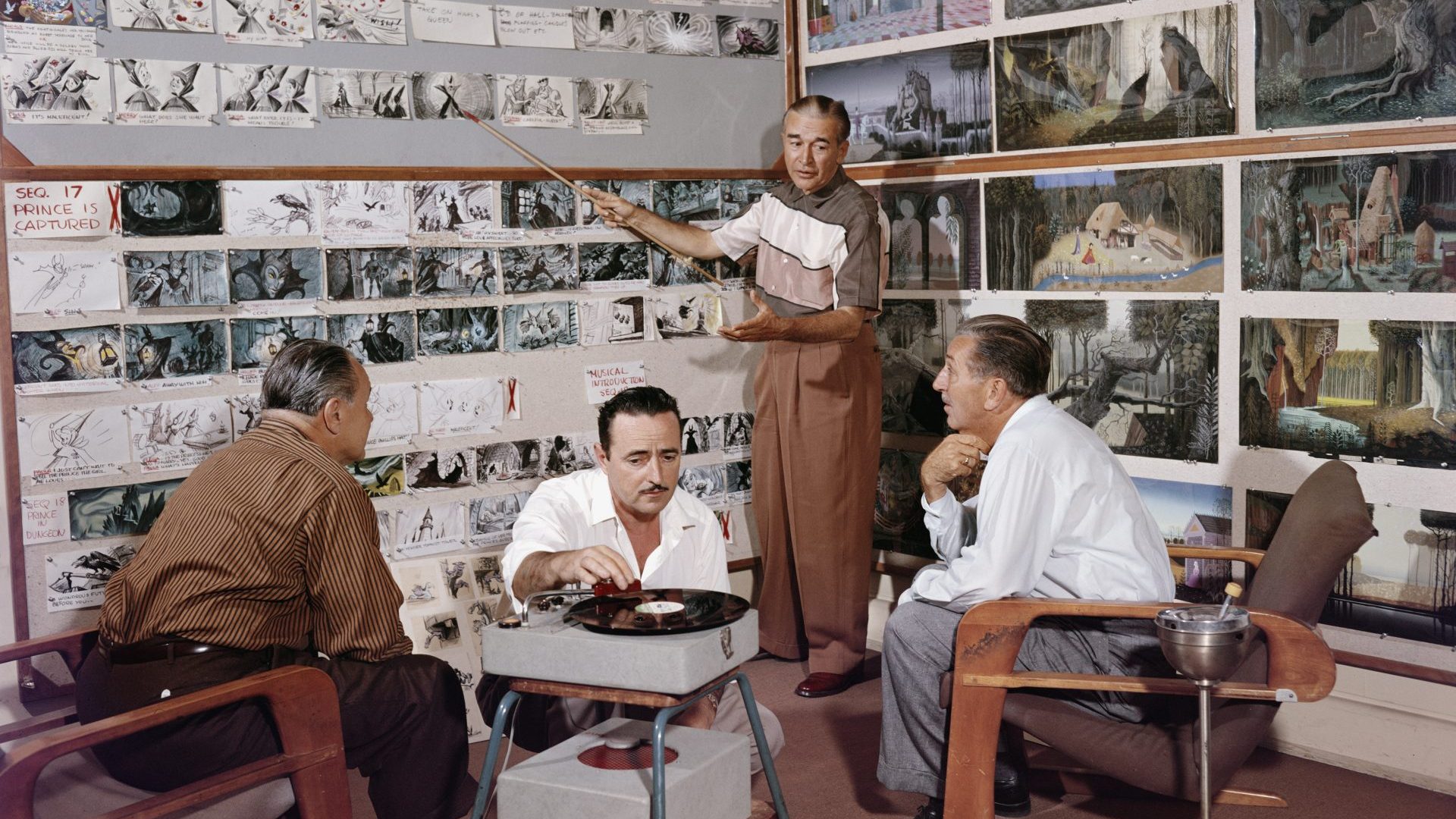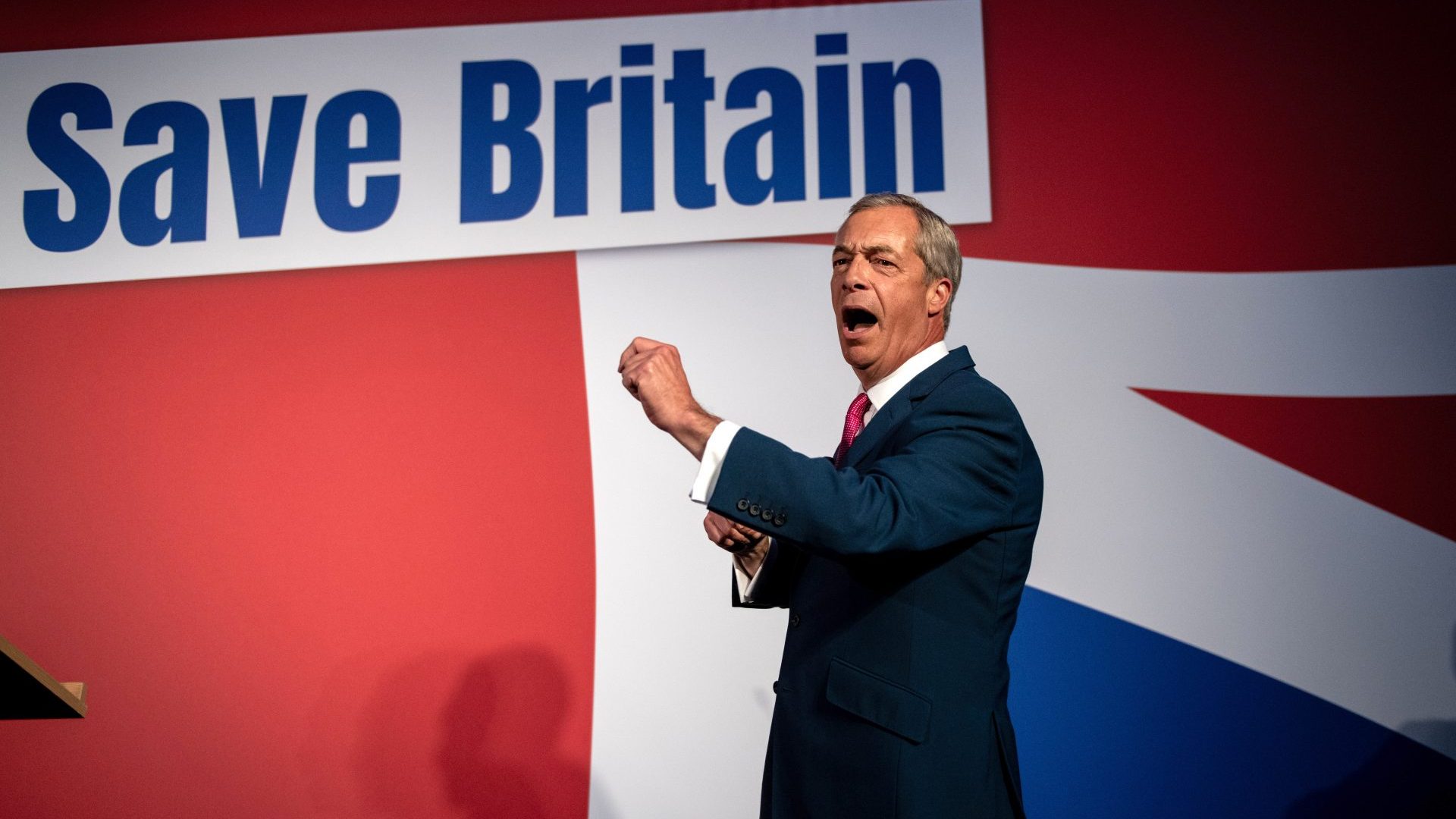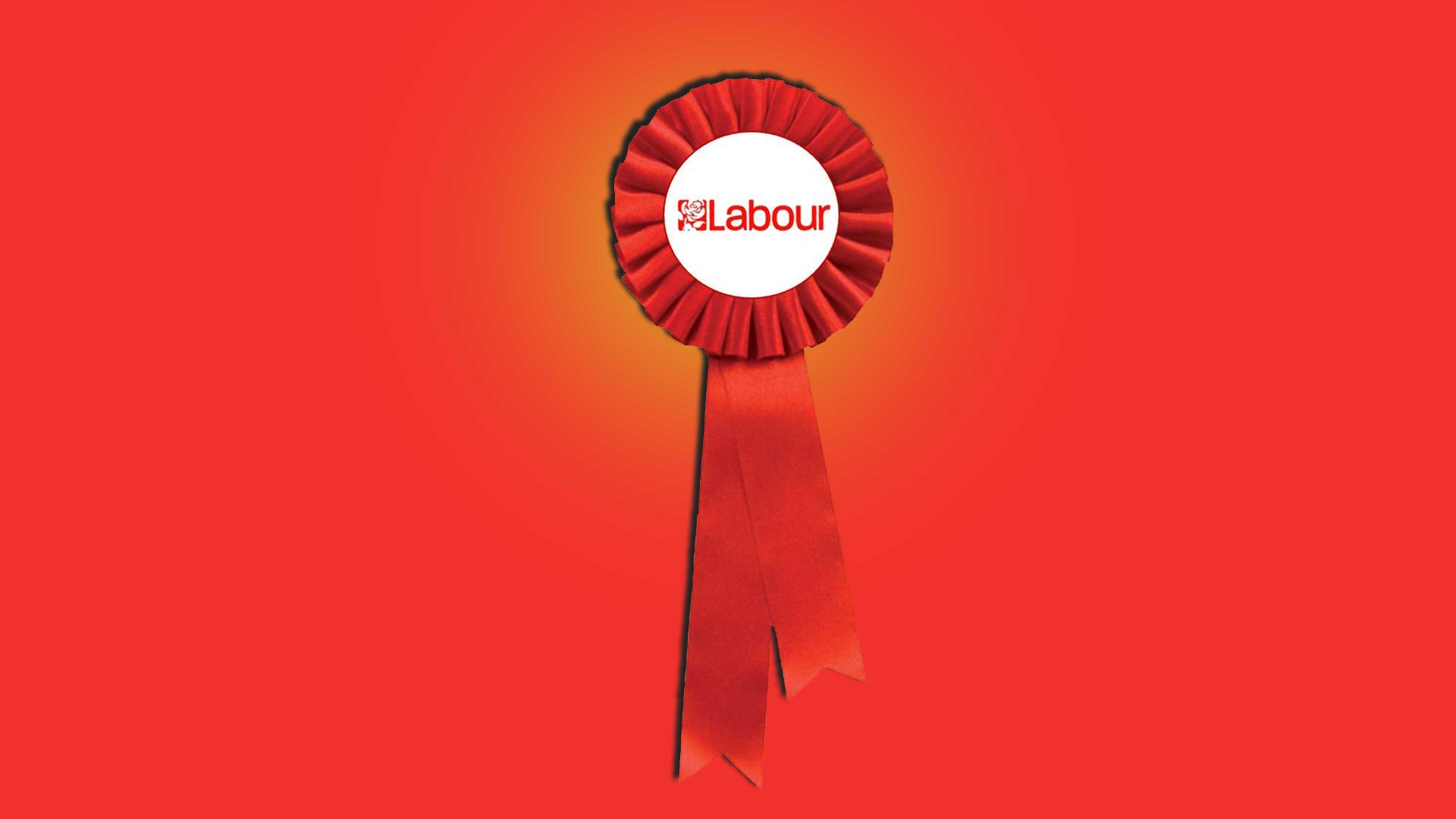At its humble beginnings in 1923, a century ago, Disney was just a dream and a talking mouse by the name of Mickey. Walt Disney himself did the voice of Mickey until sometime in the 1940s, and he was a mouse you could learn from. I first became acquainted with classical music as a kid when I watched Disney’s 1940s animated masterpiece Fantasia on TV. The soundtrack included the works of Bach, Tchaikovsky, Stravinsky, Beethoven, Mussorgsky and Schubert. It was a glorious thing to hear.
The governor of Florida, Ron DeSantis, does not like Disney – although with his nasal, whiny voice, he would make a great character. But instead of being in a cartoon, he makes one out of his state of Florida. For the governor regards Disney to be a proponent of “woke”.
Even he wouldn’t deny that Old Walt created an engine of enormous commercial and cultural success. The company that Walt Disney and his brother Roy created now owns 20th Century Studios, Lucasfilm, Pixar and Marvel Studios. It also owns and operates ABC, ESPN, National Geographic and Hulu. And, of course, it owns its theme parks, resort hotels and cruise lines.
Everybody is touched by Disney.
I even have a friend who is a star in a Disney franchise. That is how close this business is to all Americans.
Disney is number 53 on the Fortune 2022 list of biggest US companies by revenue and has won 135 Oscars, 26 of which were won by Walt Disney himself. It is simply the greatest creator of mass culture in history.
I have written here before about how Disney captured us Boomers – for the children of returning second world war GIs and women relegated back to the home, Disney was the babysitter, the shaper of much of my generation’s childhood. But by the time Uncle Walt died, a little before Christmas 1966, my generation had moved on with a vengeance. After all, that was the year that John Lennon had told us that the Beatles were more popular than Jesus, and they were – to us, at least.
Before that moment, Uncle Walt represented God and country. By the time of his death, for us, he most definitely did not. Like me, Disney was born in Chicago, and it is important to understand that the ideal he created, at its core, is midwestern. The values it encapsulates – of supper on the table at six and of church on Sundays – are those of the midwest.
Back in the day, the default accent for US newscasters was always vaguely midwestern – it was regarded as the culturally safe, neutral identity. By contrast, if you came on national news in the 1970s with a southern accent, you were deemed a hick, stupid, a wastrel – some kind of Faulknerian degenerate. A New York accent? Too slick, maybe too cosmopolitan or metropolitan. East Coast, like Bostonian, was too patrician. West Coast? Well, nobody knew what that accent was because California, home of Disney, was “settled” by people from everywhere else. That was the secret of its success and the secret of Disneyland’s, too.
People ask me what it was like to see Uncle Remus in Disney’s 1946 movie Song of the South, now regarded as so racist for its depiction of simple black folks happy with their plantation lives that it has never been released on DVD or video, and does not stream on Disney+. It was part of a culture that depicted Africans in cartoons with bones in their noses and cauldrons ready to cook white folks. These were the kind of images that we saw during the civil rights era when little kids like me down south were being harassed by white mommies for just trying to go to school. No wonder we ran to the comfort that Disney offered us.
Like most Boomers, my toddler, kindergarten and early childhood years were filled with a cheerful little ditty from The Mickey Mouse Club TV show, which contained the words: “Just wiggle your ears, like good Mouseketeers.” Disney rendered everyone into his kind of American, by virtue of just being a part of the universe of Disney. Another Mouseketeer song went: “It never rains in California.” Of course it does – and if you are a Mexican migrant worker or a homeless person, it pours.
Walt Disney has contributed more to the Americanisation of the world than any other cultural entity. But Disney is essentially for America. No matter what product it flogs, at its core, Disney has that “middle, beginning and end” sense of narrative completeness that soothes the American psyche. It represents America’s optimistic central belief that all will be well in the end.
And perhaps, 100 years into its story, we need its reassuring delusions more than ever. According to a recent survey, one of the words Americans think best sums up today’s political landscape is “fucked”. But there is always something that Disney can serve up and flog to enable people to see that part of being an American is to believe that life has a story arc – and that the story arc leads to better days.
One hundred years ago, what would Walt Disney have made of the USA we now find ourselves in? No doubt he would have had Mickey appear at the end of every desperate newscast, singing a Disney signature tune from the classic days: “A Dream Is a Wish Your Heart Makes”.




